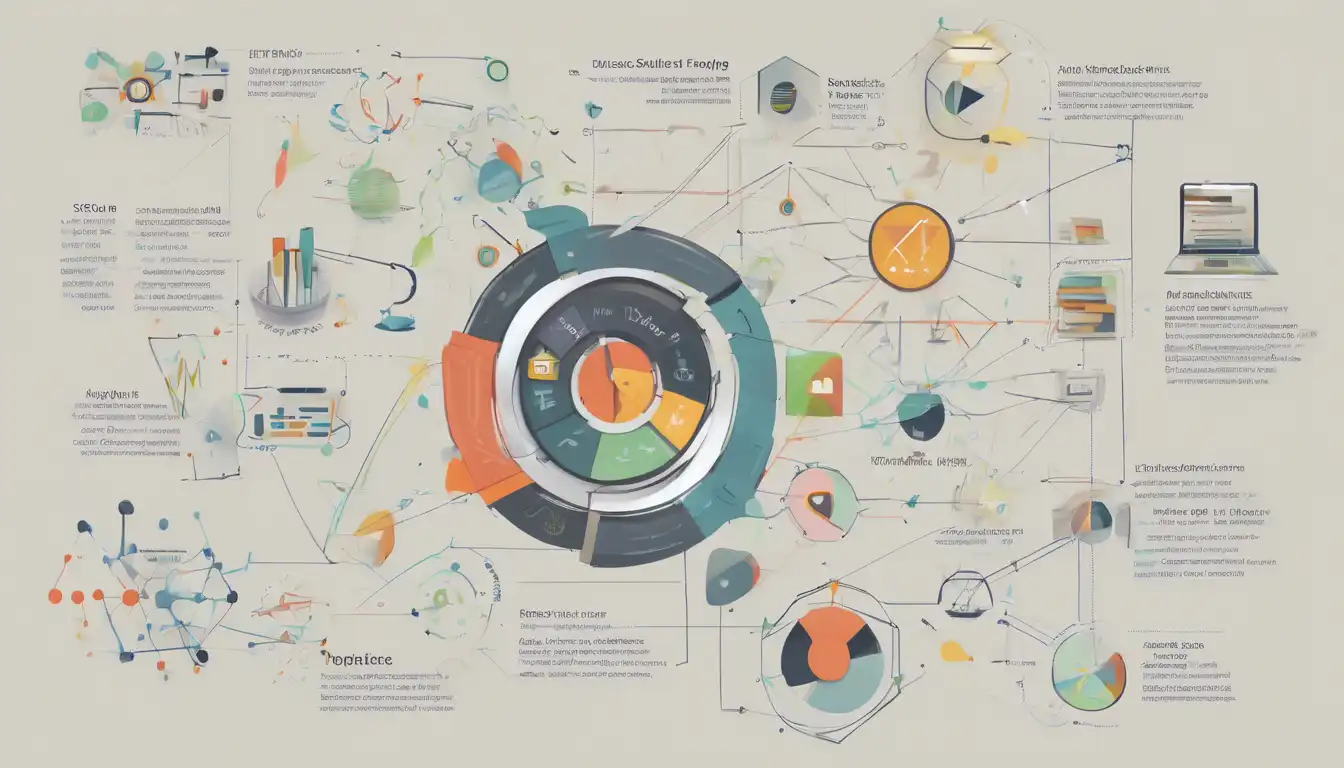Introduction to Data Science Tools
In the rapidly evolving field of data science, staying updated with the latest tools and technologies is crucial for every analyst. Whether you're a beginner or an experienced professional, knowing which tools can help you analyze, visualize, and interpret data efficiently is key to your success. This article explores the essential data science tools that every analyst should know to stay ahead in the game.
Programming Languages for Data Science
At the heart of data science are programming languages that allow analysts to manipulate data and build models. Here are the top languages you should be familiar with:
- Python: Known for its simplicity and versatility, Python is a favorite among data scientists. Libraries like Pandas, NumPy, and Scikit-learn make it indispensable for data analysis and machine learning.
- R: Specifically designed for statistical analysis, R is another powerful language for data science. Its comprehensive package ecosystem is ideal for data visualization and statistical modeling.
Data Visualization Tools
Visualizing data is a critical step in understanding and communicating your findings. Here are some tools that can help:
- Tableau: A leading data visualization tool that allows you to create interactive and shareable dashboards.
- Power BI: Microsoft's Power BI is great for business analytics, offering robust data visualization capabilities and integration with other Microsoft products.
Big Data Technologies
With the explosion of data, big data technologies have become essential for handling large datasets efficiently:
- Hadoop: An open-source framework that allows for the distributed processing of large data sets across clusters of computers.
- Spark: Known for its speed, Spark is an engine for large-scale data processing that can perform analytics much faster than Hadoop.
Machine Learning Platforms
Machine learning is a cornerstone of data science, and these platforms can help you build and deploy models:
- TensorFlow: Developed by Google, TensorFlow is a powerful library for numerical computation and machine learning.
- PyTorch: Favored for its flexibility and ease of use, PyTorch is another popular choice for deep learning projects.
Conclusion
Mastering these data science tools can significantly enhance your analytical capabilities and open up new opportunities in your career. While the list is not exhaustive, focusing on these essential tools will provide a solid foundation for any data analyst. Remember, the key to success in data science is continuous learning and staying updated with the latest trends and technologies.
